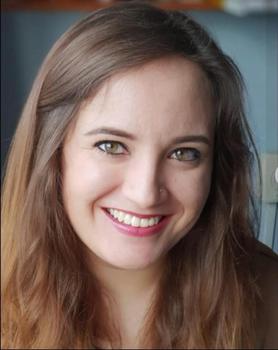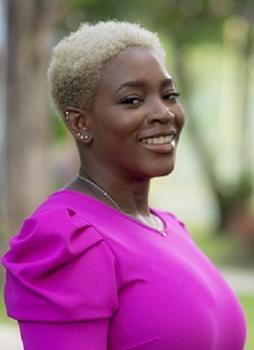As part of a Tier 1 research university, College of Public Health researchers seek to solve society’s most difficult problems, including those created by systemic discrimination. Two Public Health doctoral students have recently been recognized for their scholarly work.
The students, Samantha Kanselaar and Julia Mandeville, are among the first participants in a new initiative sponsored by George Mason University’s Office of the Provost. The program offers mentoring support and funding for graduate students’ project ideas that advance the university’s values of access and inclusion.

Kanselaar says this was the first time she applied for such an award and was pleasantly surprised to receive the recognition. “It feels great to know that Mason is invested in helping their students achieve their goals through funding and mentorship,” she said.
Kanselaar, who is early in her research career, expects the project to serve as a stepping stone for continued research.

Mandeville’s research project, ENDO-Served, characterizes the experiences of Black women and other women of color who have been diagnosed with or have symptoms of endometriosis. Endometriosis is a painful condition caused by the presence of endometrial cells outside of the uterus and affects up to 10 percent of women globally. Because the disease is not well studied in all populations, Black patients often experience up to a three-year delay in diagnosis and worse surgical outcomes. ENDO-Served began this past year under the supervision of Mandeville’s PhD mentors, Associate Professors of Public Health Jhumka Gupta and Anna Pollack, and in partnership with ENDO Black Inc., an organization advocating for women of color affected by endometriosis. She presented her preliminary quantitative results at the American Public Health Association’s meeting in November 2022.
The MARIE grant will support the qualitative arm of Mandeville’s work, which will examine how race and generational status affect outcomes in Black women with endometriosis in the United States.
“Having an award in place to support students who pursue work that is anti-racist and inclusive is heartening,” she said. “The work started with my mentors and our community partner is an opportunity to better serve Black women and other women of color with endometriosis.”
